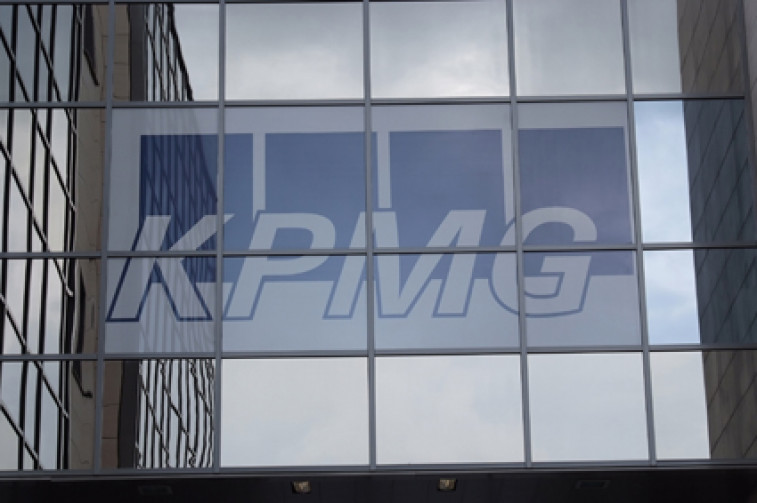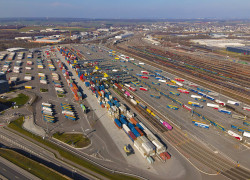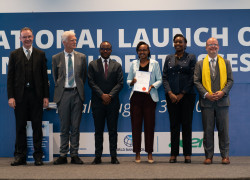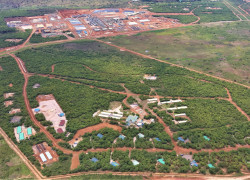KPMG - How might Ebola impact the Luxembourg finance center?
Using advanced risk modelling, KPMG Luxembourg has shed light on the potential impact that an Ebola outbreak would have on Luxembourg as a financial center
Insurance companies currently assess a wide range of risks, in compliance with both international and European regulations. However, current risk checks fail to capture a number of important threats or assess their potential impact and this could prove dangerous. By taking the Ebola crisis as an example, we were able to examine the repercussions that such a risk could have and in this case, we believe– at 10 to 14% of turnover – the risk is quite high. This raises questions about whether current risk models fully address reality
Sven Mühlenbrock from KPMG
The models currently used to calculate risk in Europe, as laid down in financial regulation, do not capture the risk of Ebola, other diseases nor a wide range of other risks such as fraud. The consequences, KPMG warns, could be dire.
To demonstrate the potential impact of an Ebola outbreak in Luxembourg, KPMG drew together data from the World Health Organization (WHO). The company then applied a mathematical model allowing them to play out scenarios which begin with one Ebola carrier arriving at the country’s Findel airport. The model permitted the firm to examine, as a first step, how the virus might spread and, as a second step, the impact this would have on the finance industry and particularly the insurance sector. For both models, the company made the assumption that the government had few measures in place to combat the virus and that health infrastructure would not be adequate to deal with the outbreak. Essentially, the model was based on a 'worst-case scenario'.
The results of the first step were that, in the given scenario, the virus would spread to 12% of the Luxembourg population in one year meaning a total of 60 000 people would be infected. The number, according to KPMG, would double if the virus developed an airborne mutation, which would therefore spread more rapidly.
The results of the second step were those concerning the impact on the financial sector and specifically insurance turnover. The findings showed that the sector’s overall turnover could collapse by anywhere between 10% and 14% and –in the case of an airborne mutation – could drop in the range of 25-35% due to higher mortality in this case.
Sven Mühlenbrock from KPMG commented "Insurance companies currently assess a wide range of risks, in compliance with both international and European regulations. However, current risk checks fail to capture a number of important threats or assess their potential impact and this could prove dangerous. By taking the Ebola crisis as an example, we were able to examine the repercussions that such a risk could have and in this case, we believe– at 10 to 14% of turnover – the risk is quite high. This raises questions about whether current risk models fully address reality.”
Communiqués liés
RSA launches technology and management liability insurance s...
RSA Luxembourg, part of Intact Insurance Specialty Solutions, today announces th...
Lancement d'une nouvelle connexion intermodale entre Bettemb...
CFL multimodal a le plaisir d'annoncer le lancement de sa nouvelle connexion i...
Experts from LUNEX award first micro-credentials in Rwanda o...
The Rwanda Ministry of Education (MINEDUC) formally inaugurated Syllabi, a publi...
ERG Notes that ENRC Secures Landmark Victory as Court of App...
Eurasian Resources Group (ERG), a leading diversified natural resources group he...
LetzToken et La Vie est Belle annoncent leur partenariat ouv...
«?LetzToken?», plateforme de tokenisation pionnière basée à Luxembourg, et ...
ERG announces a Pre-Export Finance Facility Agreement based ...
Eurasian Resources Group (“ERG”, “The Group”), a leading diversified nat...
Il n'y a aucun résultat pour votre recherche







